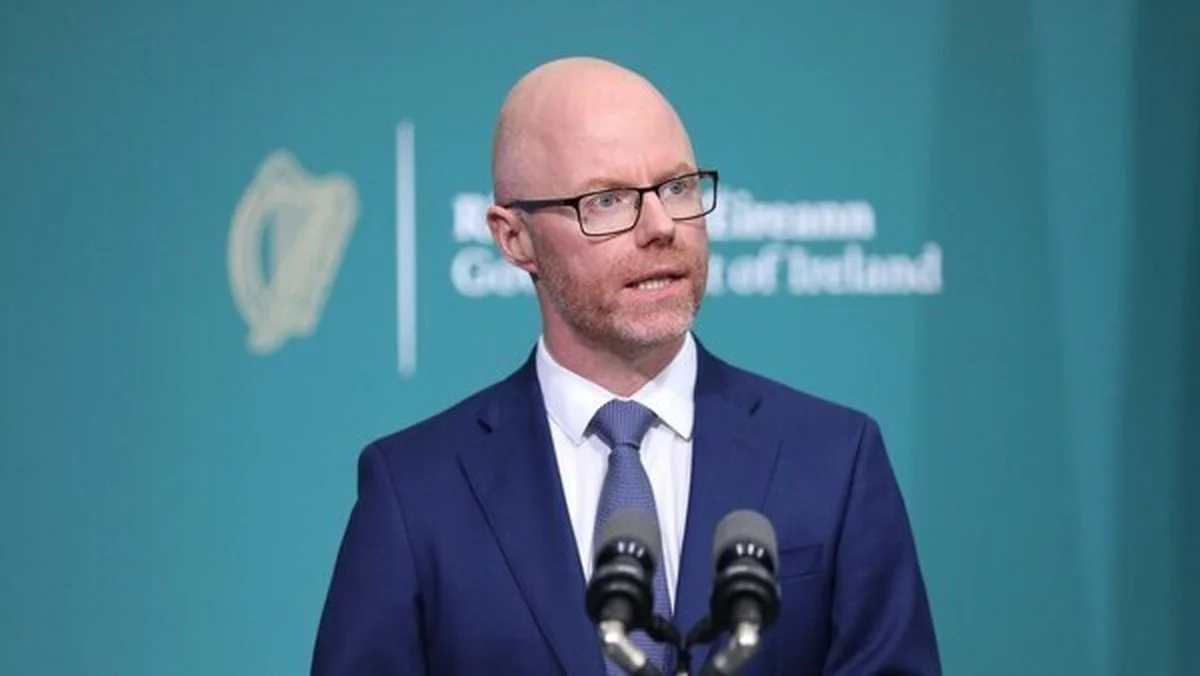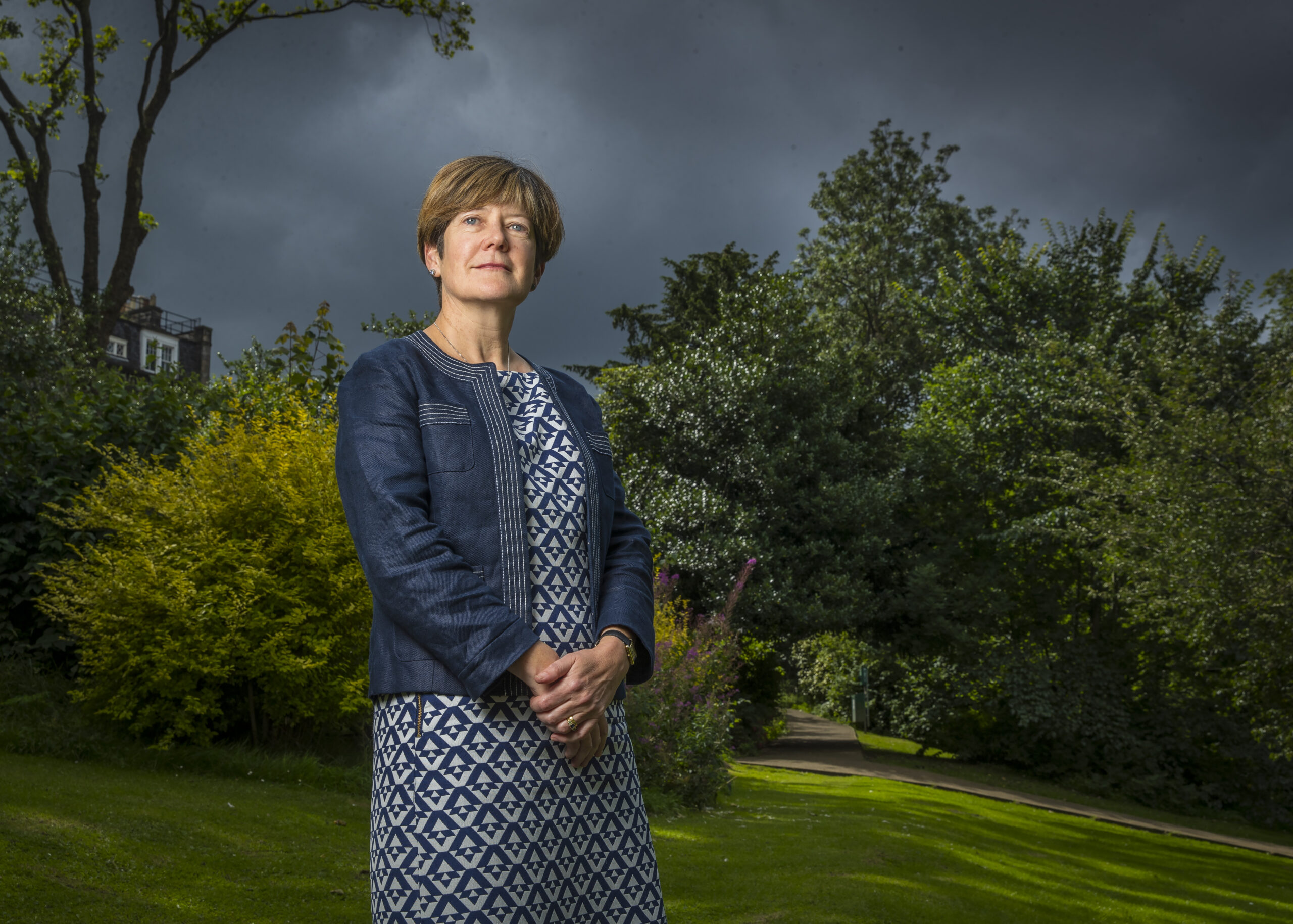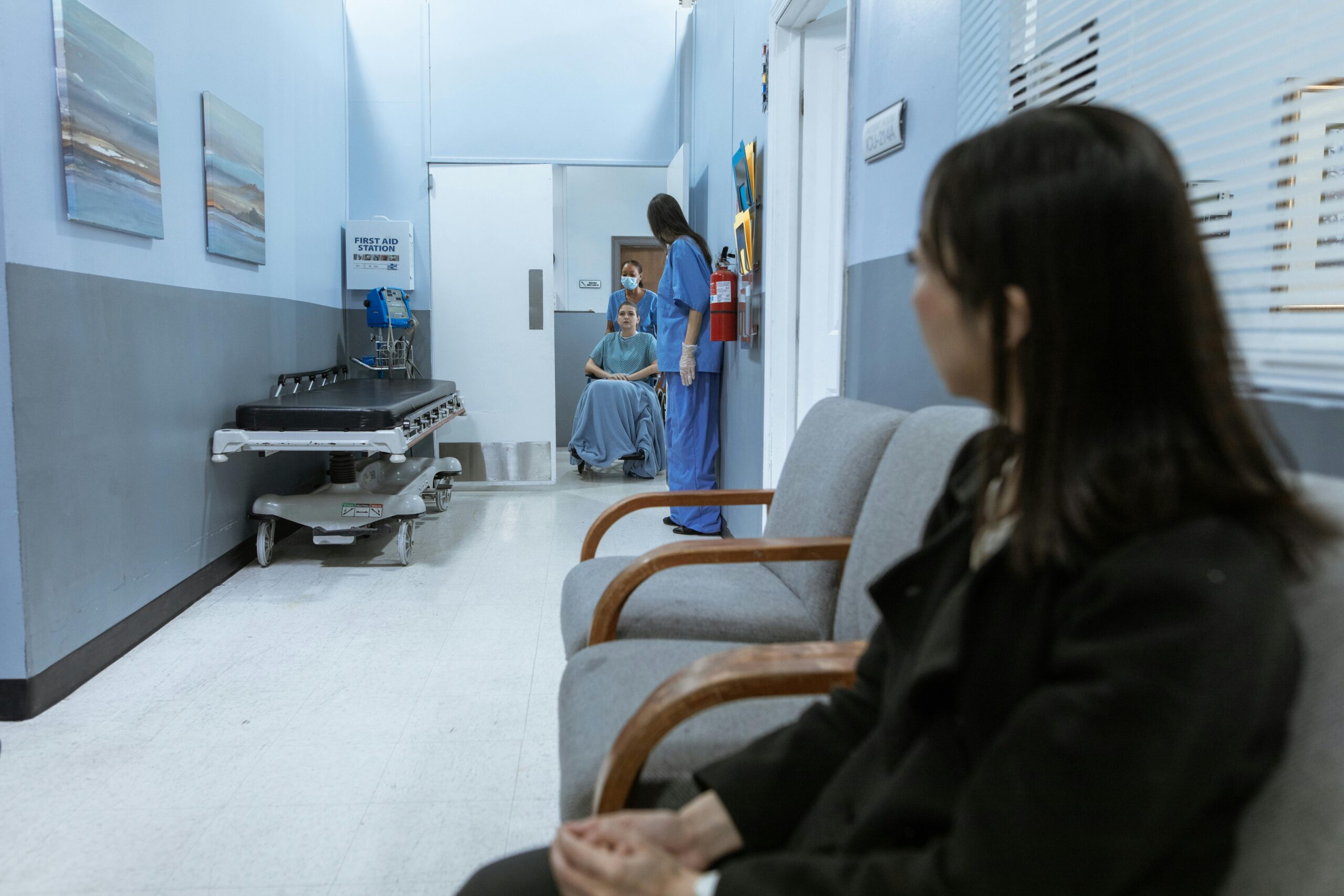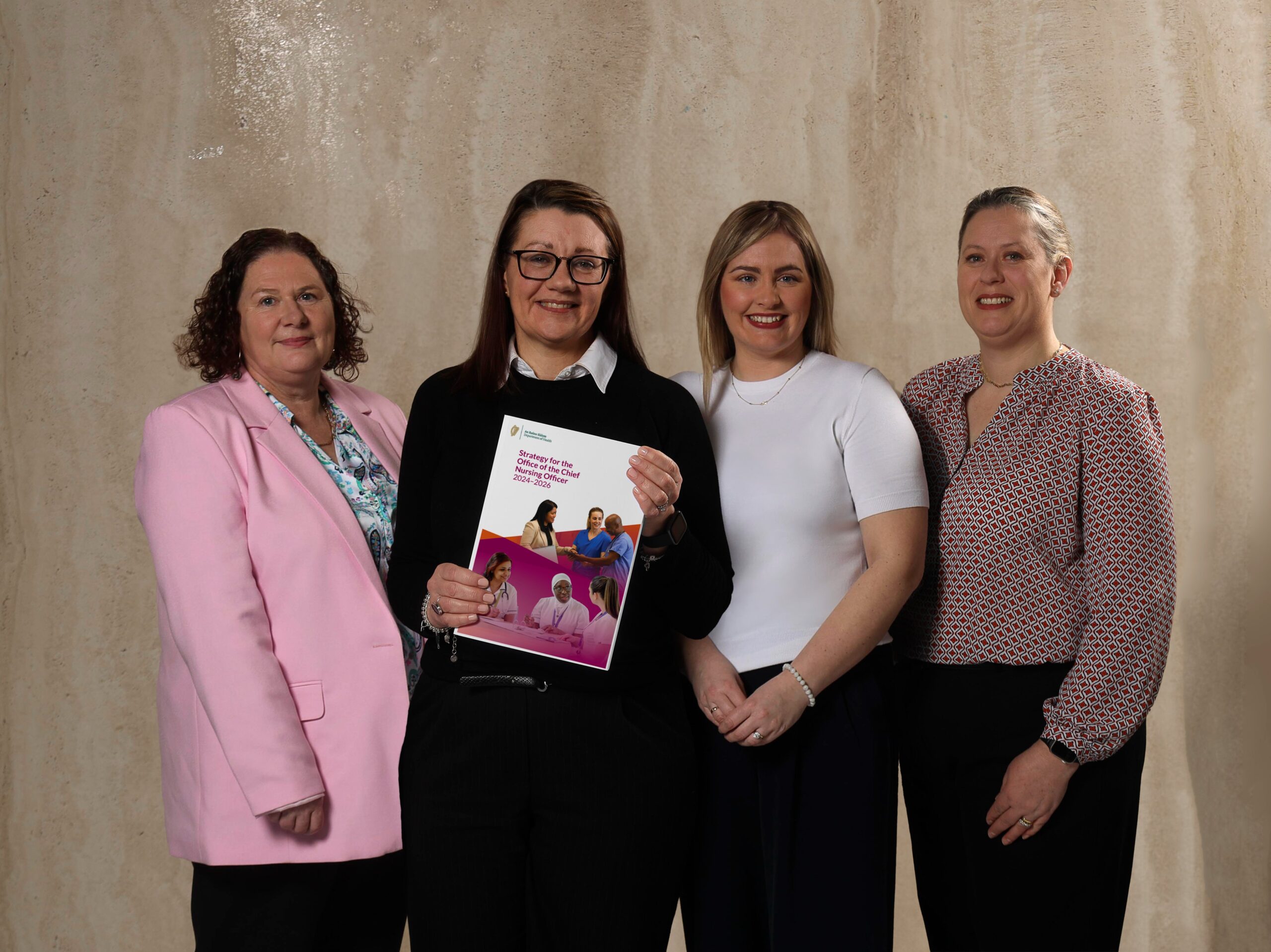Mobile phones to text your exact location to emergency services when you dial 999

A pilot scheme is currently underway with three major mobile networks whereby the exact location and GPS coordinates of those that call 999 or 112 from their Android phone will soon be sent by text to emergency services.
The pilot scheme for Advanced Mobile Location (AML) is due to be officially launched by the Minister for Communications, Denis Naughten, in a matter of weeks.
- The service is aimed to provide locations in circumstances where:
- Victims of assault or medical emergencies who are unable to speak or provide location information
- Suicidal callers who do not provide location
- Children or adults with intellectual disabilities that may be unable to provide exact locations
- Visitors/tourists who may not know precise location of emergency
- Car accidents on a rural roads with no signage
- Domestic violence callers who are too fearful to speak
The location technology, which has been developed by Google, is a lot more precise than the
information which is currently received for standard mobile phone calls.
AML is currently going live for Android mobile phones in the UK and Estonia.
Norway, Sweden and Finland are at an advanced trials solution and are expected to follow suit in the next few months.
How does it work?
When an emergency call is made, the phone will activate GPS and send a text message in the background with the location information. The location information is more exact than that received from standard mobile calls.
Unlike other location services, no App installation is needed for the service to work. Callers simply call emergency numbers 999 or 112 as normal, and a text will be sent.
Minimum battery level on the phone is needed and there is no charge to the caller for the text.
Currently, it is only the location of the nearest mast that is sent when dialing the emergency services for help.
When someone calls the Emergency Call Answering Service (ECAS) in Ireland, the phone identity is supplied with the emergency call, which is then looked up in the ECAS database. The information is then converted into a geographic location. This is the standard approach throughout Europe.
The service is expected to be launched in Ireland within three weeks.
The European Emergency Number Association anticipates that ten countries will be AML-ready by the end of this year.
You might also like
For relevant updates on Emergency Services news and events, subscribe to EmergencyServices.ie









